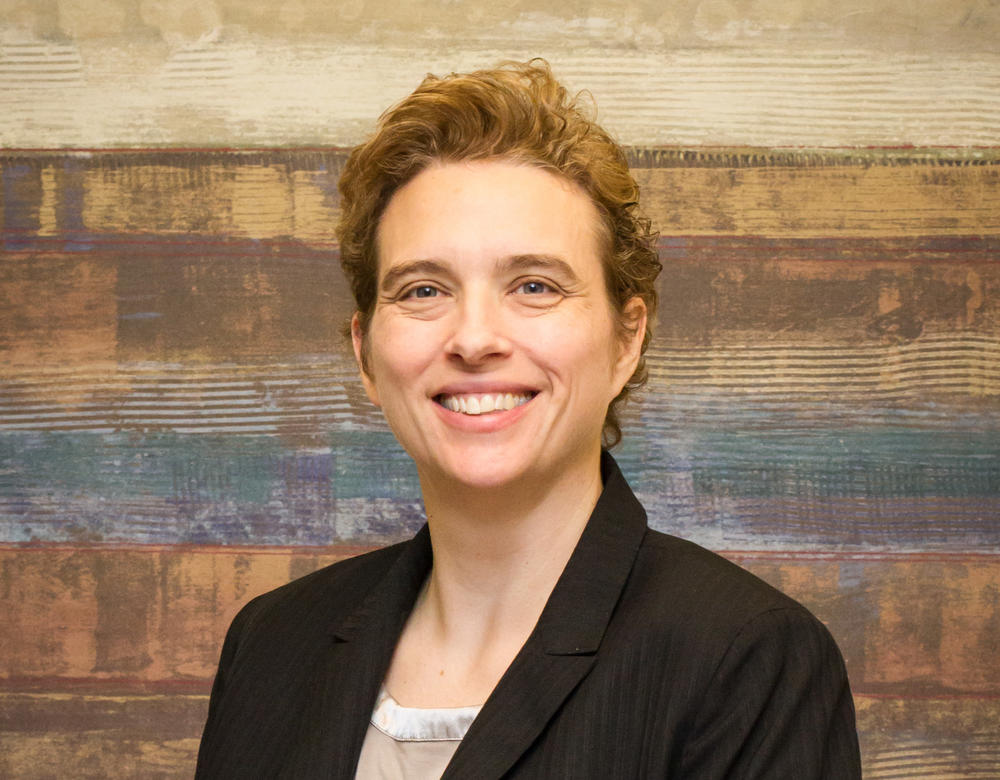Please be aware that an unauthorized party is using a similar domain to ours, but with a .com extension. Our official domain, and the one we use for our emails, is osbplf.org. Emails sent to us with addresses ending in @osbplf (dot) com will not reach PLF staff and may be intercepted by this unauthorized party.




































































_dragonwithlaptop1681501312-18359.jpg)



















1653342753-54636.jpg)


























































































































































1494440588-14270.jpg)
1493054686-17387.jpg)






